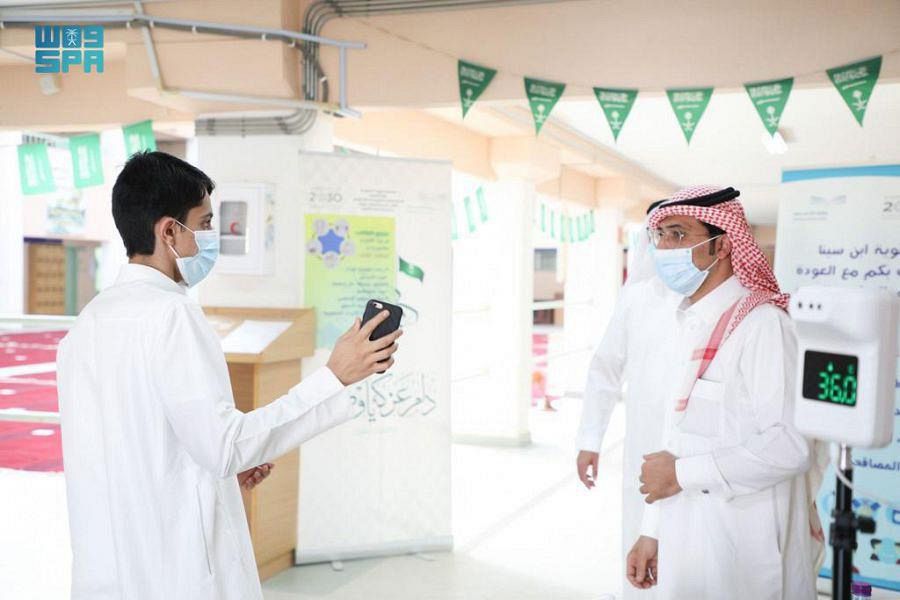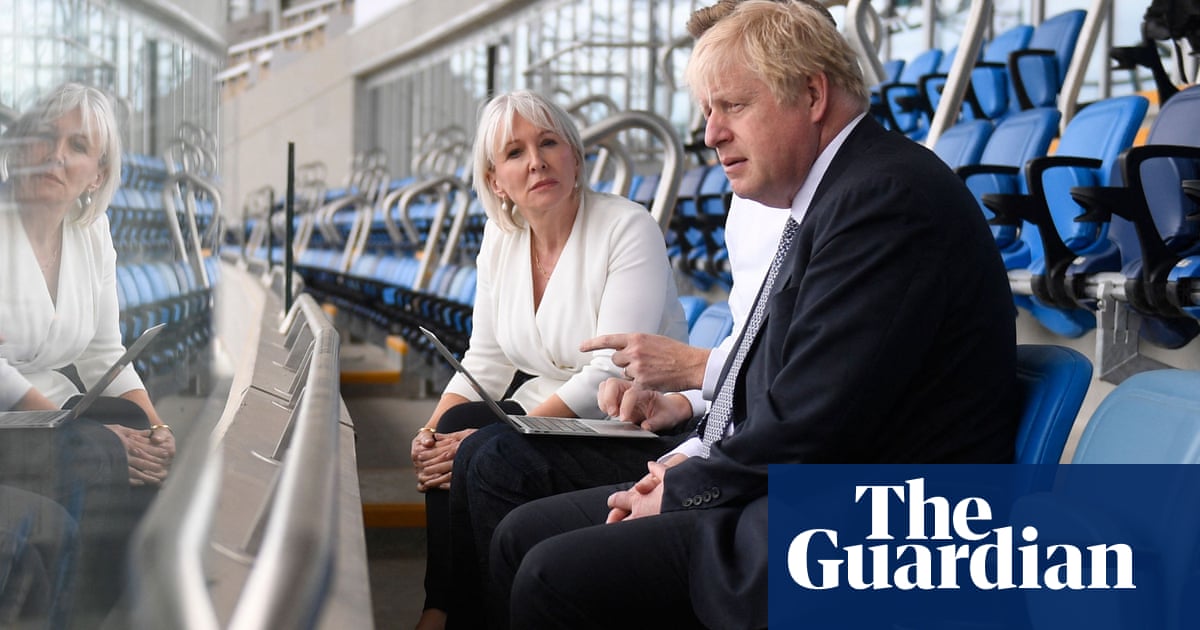
RIYADH — “Saudi Arabia made all the necessary preparations to ensure that Hajj is safe in many aspects, including health, definitely,” said Dr. Muhammad Al-Abdel Ali, Assistant Minister of Health and official spokesman for the Ministry of Health.
“The health protocols put in place by the Kingdom for Hajj 2020 matched international standards.”
“The extraordinary measures were adopted this year in the light of the coronavirus pandemic, he added.
The health ministry’s spokesman made these remarks during a recent interview.
“This year there are very important special preparations taking place because of the pandemic of the coronavirus. All the necessary actions and plans, Alhamdulillah, took place to ensure the safety of Hajjis (pilgrims), including making some protocols that are matching the international best practice and handling the situation,” said Dr. Ali.
He added: “The protocols include “productive protocols, detection protocols, isolation protocols and plus management and therapeutic protocols if necessary.”
The number of pilgrims for this year’s Hajj was dramatically reduced to ensure social distancing measures are adhered to, as a preventative measure in the face of coronavirus.
Pilgrims, wearing protective face masks and observing social distancing, performed rituals of the third day of Hajj on Friday, which marked the start of Eid Al-Adha.
Because of the COVID-19 pandemic, the pilgrimage this year was limited to citizens and residents of Saudi Arabia who met specific conditions.
They were subjected to multiple quarantine procedures. This year’s pilgrims represented 160 nationalities, with expatriate residents making up for 70 percent of the total number of pilgrims, while citizens constituted the remaining 30 percent.
Meanwhile, the Director-General of the World Health Organization (WHO), Dr. Tedros Adhanom Ghebreyesu, on Friday congratulated Saudi Arabia on the steps it had taken to ensure the utmost safety of pilgrims, the Saudi Press Agency (SPA) reported.
“It is a perfect example of what countries could do in order to adapt themselves to the new situation, and coexist with the virus and protect the lives of people,” the WHO chief was quoted as saying.
In his daily Hajj 2020 media briefings, Dr. Ali assured the public that the pilgrims’ health status is reassuring. He had reassured the public that strict precautionary measures were being maintained to ensure the safety of the pilgrims for the remainder of their pilgrimage, with teams of healthcare professionals accompanying the pilgrims on their regular journeys in the coming days.
“The preventive measures that coincide with the exceptional global conditions as a result of the Coronavirus pandemic are continuing, and our colleagues always provide health services, and health leaders and health teams will always, God willing, stay with pilgrims to ensure their health and safety,” Dr. Ali said on Thursday.
Six hospitals in the holy sites were assigned to exclusively serve the pilgrims during Hajj, and 51 clinics, 200 ambulances and more than 60 field teams having been dedicated to the event. Around 8,000 health workers are also serving the pilgrims, according to Dr. Ali. The total clinical capacity at the holy sites was 1,456 beds, including 272 ICU beds, 331 isolation beds and 200 emergency beds, he had said.
“The health sectors are providing multiple, very important institutions plus resources to ensure that Hajj is going to be, Inshallah, matching the required variation. six hospitals are there; one of them is a mobile hospital,” Dr. Ali said in the interview.
“There are 51 clinics, 63 field groups who are all the time ensuring that all protective measures are appropriately handled and checking the pilgrims’ health status. Plus, 200 ambulances, plus the healthcare professionals and all those who are assisting. And as human resources, (we’re) approaching 8,000 individuals.
“So, there is a continuous assessment of Hajjis and this assessment is taking place periodically, multiple times every day, to ensure their health, not only regarding COVID-19 but also any other illnesses. And once detected, or if there is any suspicion, there are multiple interventions that will take place to reach to a diagnosis and to confirm the condition and from there, multiple steps will take place to ensure the health of the particular suspected individual plus to ensure the safety for the remaining pilgrims,” Dr. Ali added.
Hajj officially started on the 8th of Dhul Hijjah, or Wednesday (July 29) and lasts until the 12th of Dhul Hijjah, or (Aug. 2). Some pilgrims continue to perform Hajj on the 13th of Dhul Hijjah, which corresponds to Aug. 3 this year.








